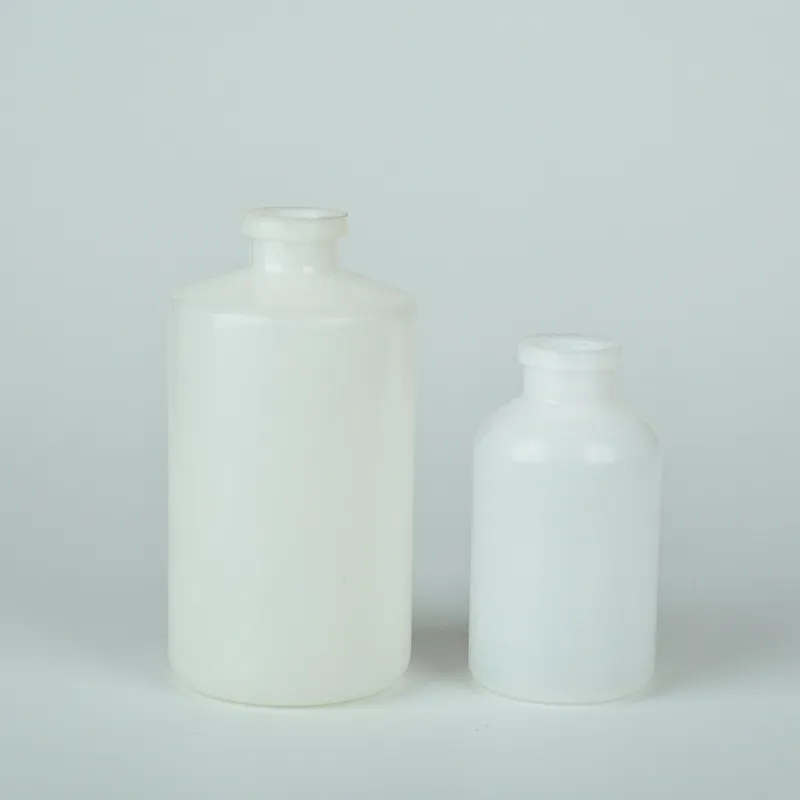
-
 Afrikaans
Afrikaans -
 Albanian
Albanian -
 Amharic
Amharic -
 Arabic
Arabic -
 Armenian
Armenian -
 Azerbaijani
Azerbaijani -
 Basque
Basque -
 Belarusian
Belarusian -
 Bengali
Bengali -
 Bosnian
Bosnian -
 Bulgarian
Bulgarian -
 Catalan
Catalan -
 Cebuano
Cebuano -
 Corsican
Corsican -
 Croatian
Croatian -
 Czech
Czech -
 Danish
Danish -
 Dutch
Dutch -
 English
English -
 Esperanto
Esperanto -
 Estonian
Estonian -
 Finnish
Finnish -
 French
French -
 Frisian
Frisian -
 Galician
Galician -
 Georgian
Georgian -
 German
German -
 Greek
Greek -
 Gujarati
Gujarati -
 Haitian Creole
Haitian Creole -
 hausa
hausa -
 hawaiian
hawaiian -
 Hebrew
Hebrew -
 Hindi
Hindi -
 Miao
Miao -
 Hungarian
Hungarian -
 Icelandic
Icelandic -
 igbo
igbo -
 Indonesian
Indonesian -
 irish
irish -
 Italian
Italian -
 Japanese
Japanese -
 Javanese
Javanese -
 Kannada
Kannada -
 kazakh
kazakh -
 Khmer
Khmer -
 Rwandese
Rwandese -
 Korean
Korean -
 Kurdish
Kurdish -
 Kyrgyz
Kyrgyz -
 Lao
Lao -
 Latin
Latin -
 Latvian
Latvian -
 Lithuanian
Lithuanian -
 Luxembourgish
Luxembourgish -
 Macedonian
Macedonian -
 Malgashi
Malgashi -
 Malay
Malay -
 Malayalam
Malayalam -
 Maltese
Maltese -
 Maori
Maori -
 Marathi
Marathi -
 Mongolian
Mongolian -
 Myanmar
Myanmar -
 Nepali
Nepali -
 Norwegian
Norwegian -
 Norwegian
Norwegian -
 Occitan
Occitan -
 Pashto
Pashto -
 Persian
Persian -
 Polish
Polish -
 Portuguese
Portuguese -
 Punjabi
Punjabi -
 Romanian
Romanian -
 Russian
Russian -
 Samoan
Samoan -
 Scottish Gaelic
Scottish Gaelic -
 Serbian
Serbian -
 Sesotho
Sesotho -
 Shona
Shona -
 Sindhi
Sindhi -
 Sinhala
Sinhala -
 Slovak
Slovak -
 Slovenian
Slovenian -
 Somali
Somali -
 Spanish
Spanish -
 Sundanese
Sundanese -
 Swahili
Swahili -
 Swedish
Swedish -
 Tagalog
Tagalog -
 Tajik
Tajik -
 Tamil
Tamil -
 Tatar
Tatar -
 Telugu
Telugu -
 Thai
Thai -
 Turkish
Turkish -
 Turkmen
Turkmen -
 Ukrainian
Ukrainian -
 Urdu
Urdu -
 Uighur
Uighur -
 Uzbek
Uzbek -
 Vietnamese
Vietnamese -
 Welsh
Welsh -
 Bantu
Bantu -
 Yiddish
Yiddish -
 Yoruba
Yoruba -
 Zulu
Zulu
Essential Pipette Supplies for Accurate Lab Measurement and Efficient Research
Understanding Pipette Supplies Essential Tools for Precision in Laboratories
Pipettes are indispensable tools in laboratories, used extensively for measuring and transferring small volumes of liquids accurately. Their reliability and precision have made them foundational in various scientific fields, including biochemistry, molecular biology, and clinical research. As a result, pipette supplies have become vital components in the everyday operations of labs around the world.
The core of pipette supplies includes not just the pipettes themselves but also various accessories and consumables that enhance their functionality. A well-equipped lab should consider investing in different pipette types manual, electronic, and multi-channel pipettes. Manual pipettes are user-friendly and affordable, making them popular in educational and basic research settings. Electronic pipettes, on the other hand, offer enhanced precision and reduce user fatigue during repetitive tasks. Multi-channel pipettes are essential for high-throughput experiments, allowing researchers to transfer multiple samples simultaneously, greatly improving efficiency.
One of the most significant components of pipette supplies is the disposable pipette tips
. These tips come in various sizes and volumes and are designed to fit specific pipette models. Using the correct tip is crucial for ensuring accuracy and preventing contamination. Many researchers opt for filtered tips as they provide an added layer of protection against cross-contamination by blocking aerosolized liquid from entering the pipette. Investing in high-quality tips can also help maintain the integrity of experimental results and reduce the risk of redoing assays due to inaccurate measurements.Another essential aspect of pipette supplies is maintenance and calibration tools. Ensuring that pipettes are calibrated periodically is crucial for maintaining their accuracy over time. Laboratories should have calibration weights and other calibration kits available to ensure that pipettes are functioning correctly. Proper maintenance, including cleaning and replacing worn parts, also prolongs the lifespan of these instruments, ultimately leading to cost savings over time.
pipette supplies

For researchers managing multiple pipettes, having a pipette stand or organizer can greatly enhance lab efficiency. These holders not only keep the workspace tidy but also reduce the risk of contamination and damage to the pipettes. Additionally, labs may benefit from using labeling systems to identify pipette types and their associated tips, which streamlines workflow and minimizes confusion.
Moreover, with environmental concerns on the rise, many suppliers now offer eco-friendly pipette supplies. These products utilize biodegradable materials for disposable tips and promote sustainability within laboratory operations. Researchers and institutions are increasingly conscious of their carbon footprint, and opting for green supplies aligns with broader efforts toward environmental stewardship.
Despite the advancements in technology and the introduction of new products, the importance of proper pipetting technique cannot be overstated. Training personnel on how to use pipettes efficiently and effectively remains a foundational aspect of laboratory operations. Workshops and refresher courses can help staff maintain their skills and ensure that they are aware of best practices for liquid handling.
In conclusion, pipette supplies are essential for any laboratory that values precision and accuracy in liquid handling. From selecting the right type of pipette and tips to ensuring proper maintenance and calibration, every aspect plays a crucial role in achieving reliable experimental results. As technology continues to advance and sustainability becomes a priority, the pipette supplies landscape will likely evolve. However, the core principles of accuracy, reliability, and efficiency will always underpin the importance of these fundamental tools in scientific research. Investing adequately in high-quality pipette supplies is not merely an operational necessity; it is a commitment to excellence in scientific inquiry.
-
Premium Metal Dropper Bottle for Precise Dispensing 250ml & 1ml Options AvailableNewsJul.04,2025
-
20 ml Headspace Vials - High Quality Polyethylene & Plastic Vials for Lab UseNewsJul.04,2025
-
Small Bottle with Pipette - Precise Dispensing 100ml Pipette Bottles for Essential Oils & Lab UseNewsJun.24,2025
-
Acetic Anhydride Bottle for Accurate Dropper Measurement in Pharmacy Use High-Quality Dropper BottlesNewsJun.10,2025
-
Innovative PET Bottle Design for Juice – Unique Shapes & Customization OptionsNewsJun.10,2025
-
20 Pack Sterilized Petri Dishes – Assorted Sizes, High Quality Small Plastic Petri Dishes for Lab UseNewsJun.10,2025






















